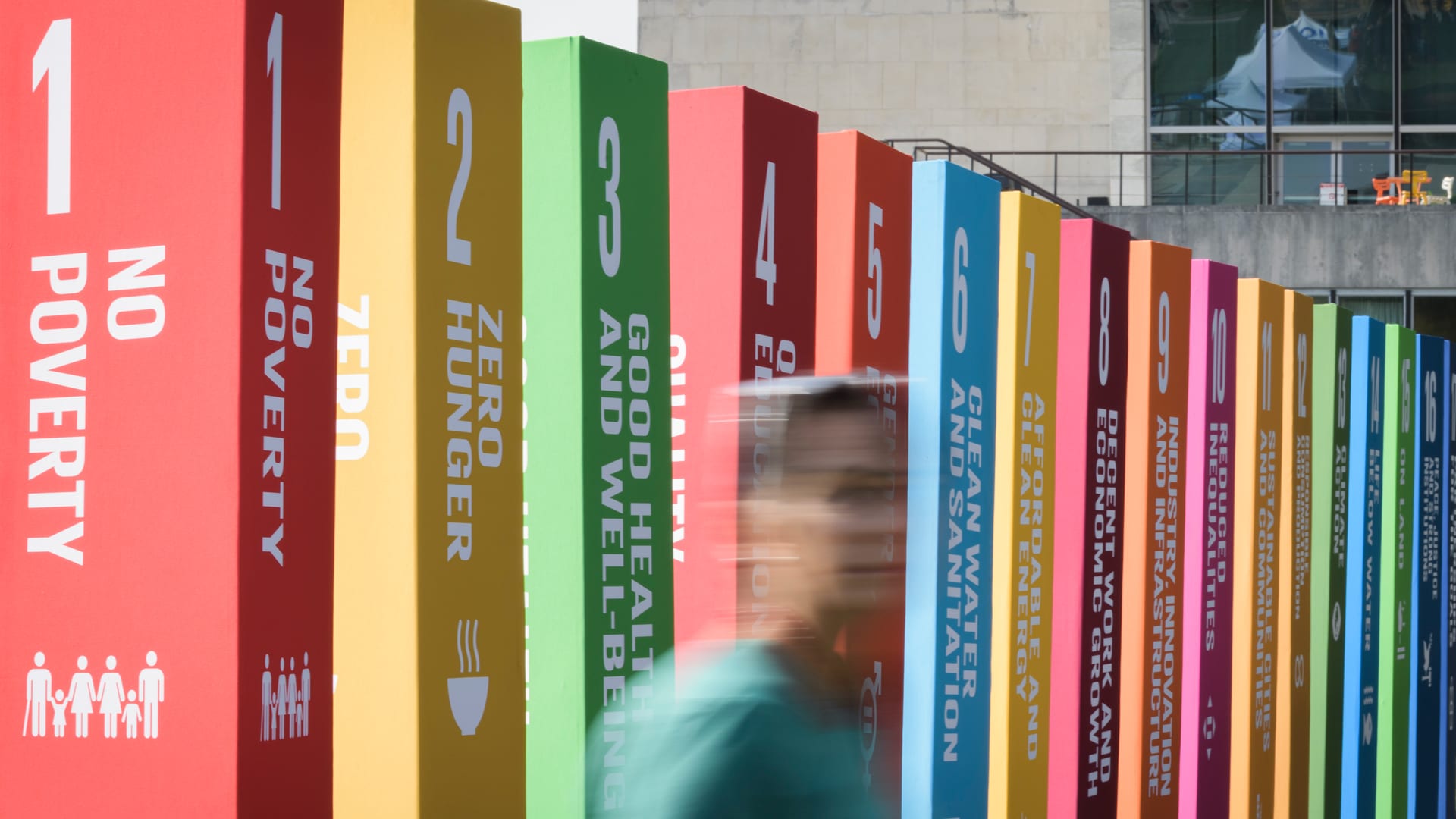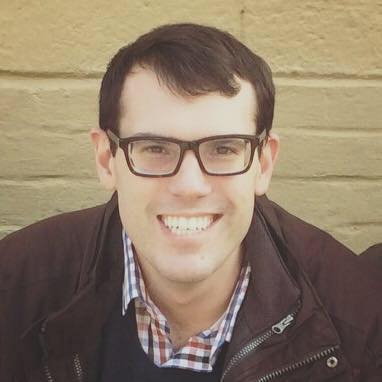We recently made the case that this year’s historically unique United Nations General Assembly (UNGA) and Climate Week—set to kick off later this week—presents a one-of-a-kind opportunity for companies to assess and clarify their purpose strategies and define their roles in the post-COVID global recovery.
As a microcosm of the challenges the world is facing in this very complex year, UNGA and Climate Week can seem daunting. So we’d like to offer another layer of context by presenting a look at what we see as the key topics and trends that will define the conversation throughout the event—along with the questions organization should consider asking about them. While every company—and industry—will approach this opportunity differently, these themes can provide a roadmap that will clarify what to look for and listen to during the week ahead.

- SDGs remain the standard for sustainable growth, though achieving the 2030 Agenda is now more difficult.
COVID-19 has unmistakably disrupted the world’s progress across its Sustainable Development Goals (SDGs), including pushing 71 million people into extreme poverty. Meeting the 2030 Agenda was already a stretch pre-pandemic, but UN Secretary General António Guterres insists that solidarity and hope are critical to meeting the moment. As the UN commemorates its 75th anniversary on September 21, questions remain if the international body will be able to effectively inspire and organize global cooperation moving forward.
Questions to ask: How are you viewing your SDG commitments in light of the pandemic? If your organization is currently planning 2030 goals, have you taken these factors into consideration and determined a long-term, sustainable game plan? How can your organization more effectively collaborate across its industry, public and civil society to fill in the gaps and achieve even greater impact? - Food insecurity exacerbated by the pandemic.
In July, UN agencies released State of Food Security and Nutrition in the World 2020 (SOFI), a report that largely affirmed concerns that COVID-19 will make Zero Hunger (SDG #2) incredibly difficult. Over 840 million people are expected to be hungry in 2030, and because of the pandemic, 370 million schoolchildren are missing out on meals they depend on. The trajectory of hunger, food security and malnutrition will require transforming food systems for affordable healthy diets.
Questions to ask: How can your organization be a greater advocate for policies and systemic changes to reduce food insecurity? How are you and your partners thinking about addressing root causes of the problem? Are you proposing sustainable solutions to address hunger in your local community? - “Green recovery” may present an opportunity to help close climate gap.
Last year’s grassroots activism—employee walkouts and the Fridays for Future youth movement led by Greta Thunberg—seem like a distant memory. The disappointing outcomes of COP25 last December and the deferral of COP26 to 2021 may be disheartening to many, but there have been a few unexpected outcomes of the pandemic, environmentally speaking. Cleaner skies, clearer waters and a six percent drop in greenhouse gas emissions. Nearly 1,000 businesses have also signed on to the Race to Zero campaign rallying around a zero carbon recovery. Consumers may be willing to adopt more sustainable behaviors too, with nearly 8 in 10 globally indicating their willingness to seek out products that are healthier and better for the environment. Could this be the start of a green recovery?
Questions to ask: Are your climate targets aggressive and ambitious? Could your organization become climate positive, reducing more greenhouse gas emissions than your value chain emits? What are you doing to help sustainability become more accessible and affordable to mainstream consumers? - Diversity, Equity & Inclusion bolsters racial equity and climate justice.
Collectively, the UN has been an aggressive leader in advancing gender equality (SDG #5), a legacy that will be recognized this year on the 25th anniversary of the Beijing Declaration and Platform for Action. With the rise of the Black Lives Matter movement in the U.S., this may bring into focus the need for UN partners and collaborators to bring forward more guidance and action to reduce inequality (aligning thematically with SDG #10, Reduced Inequality). Not to mention that over the past few months, more environmental NGOs are embracing DE&I and the connection to climate justice while addressing the disproportionate effect of the climate crisis on Black, Indigenous, and People of Color (BIPOC).
Questions to ask: Is your organization moving fast enough to set and act against measurable goals? Are you bringing enough diverse voices into your communications strategy and storytelling? And into your leadership? How are you ensuring your DE&I narrative is consistent and comprehensive while elevating and amplifying diverse voices (e.g., gender, LGBTQ, various racial and ethnic groups, etc.)? - Misinformation spurs need for effective communication.
As the UN’s World Health Organization (WHO) continues to mobilize a global response to the pandemic, the organization has found itself also managing the politicization of an international health crisis. This has been more prominent in the U.S., which, despite having the highest number of COVID-19 cases and deaths of any country, moved to terminate its relationship with the WHO. While vying to protect its own integrity, the UN has also been on the offense with a campaign to stop the “viral spread” of COVID-19 misinformation on social media.
Questions to ask: Are you actively monitoring for and correcting misinformation among your employees, customers and other stakeholders? Do you have a crisis response plan and messaging in place for non-compliance with health and safety policies on political grounds? How are you creatively engaging employees and consumers and reinforcing health and safety at home and at work?
We know this is a lot to consider, but we’re here to help. Just reach out before, during or after UNGA and Climate Week to have a conversation about how these trends affect your business, employee engagement and corporate reputation.




